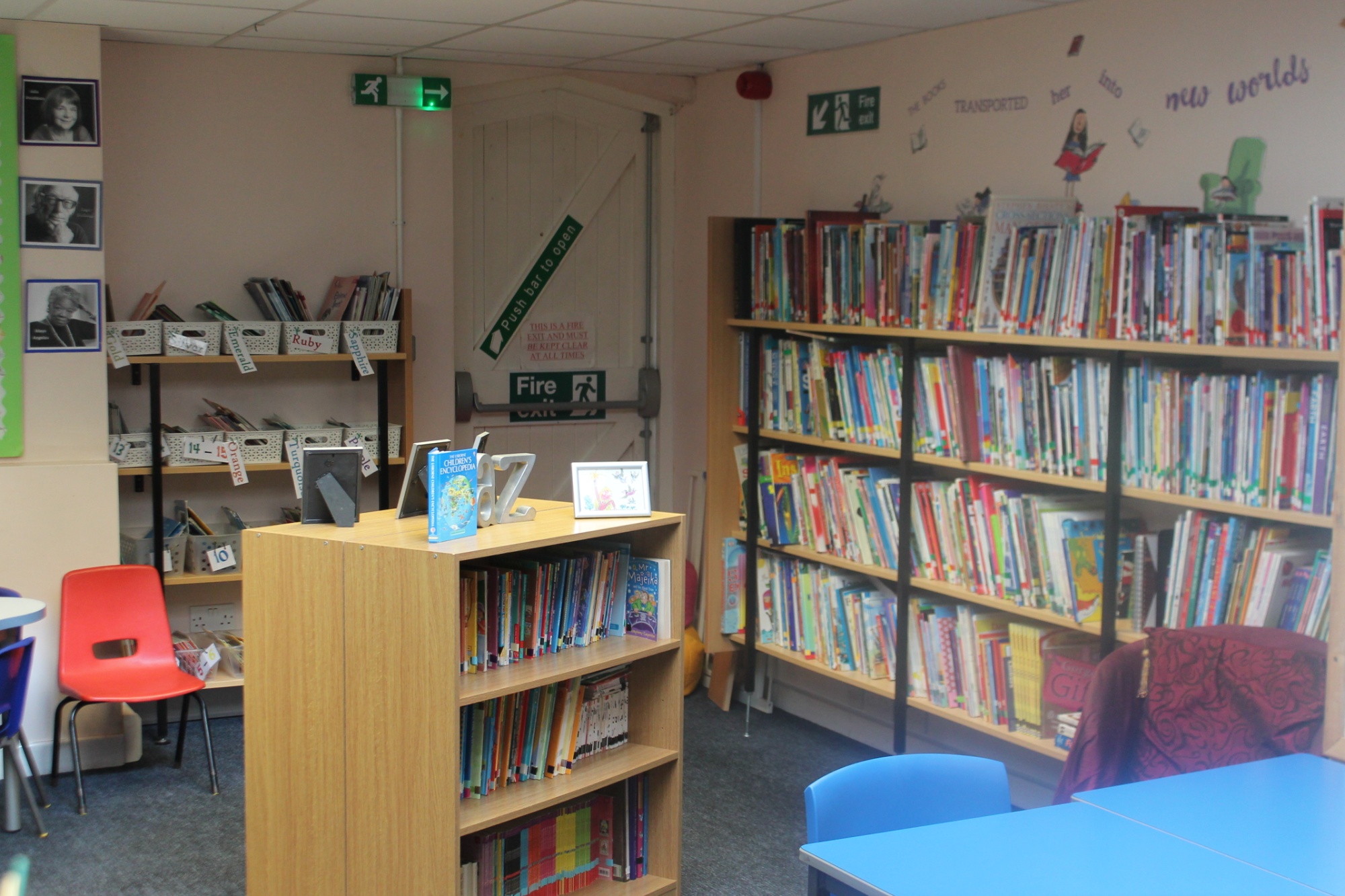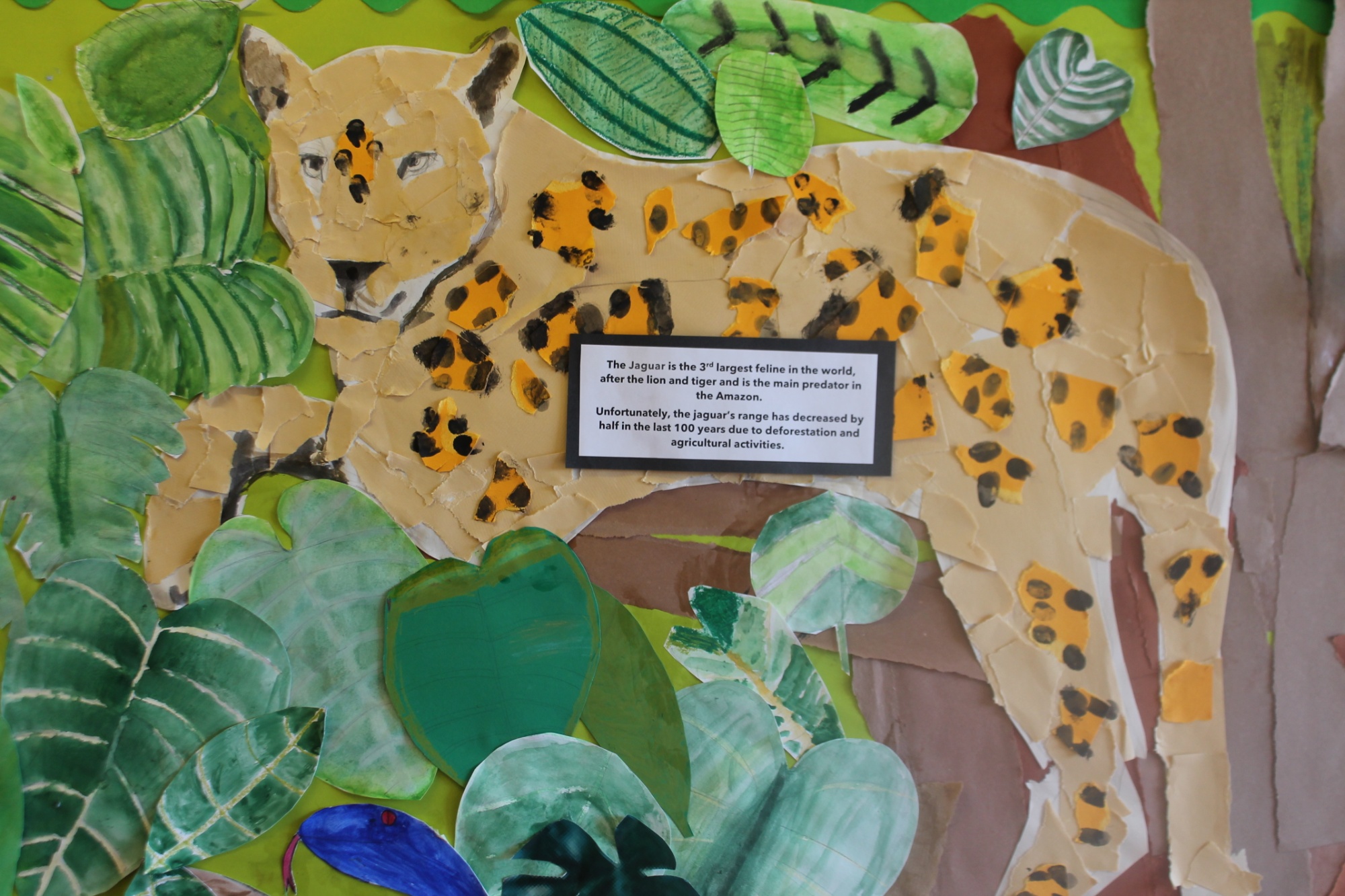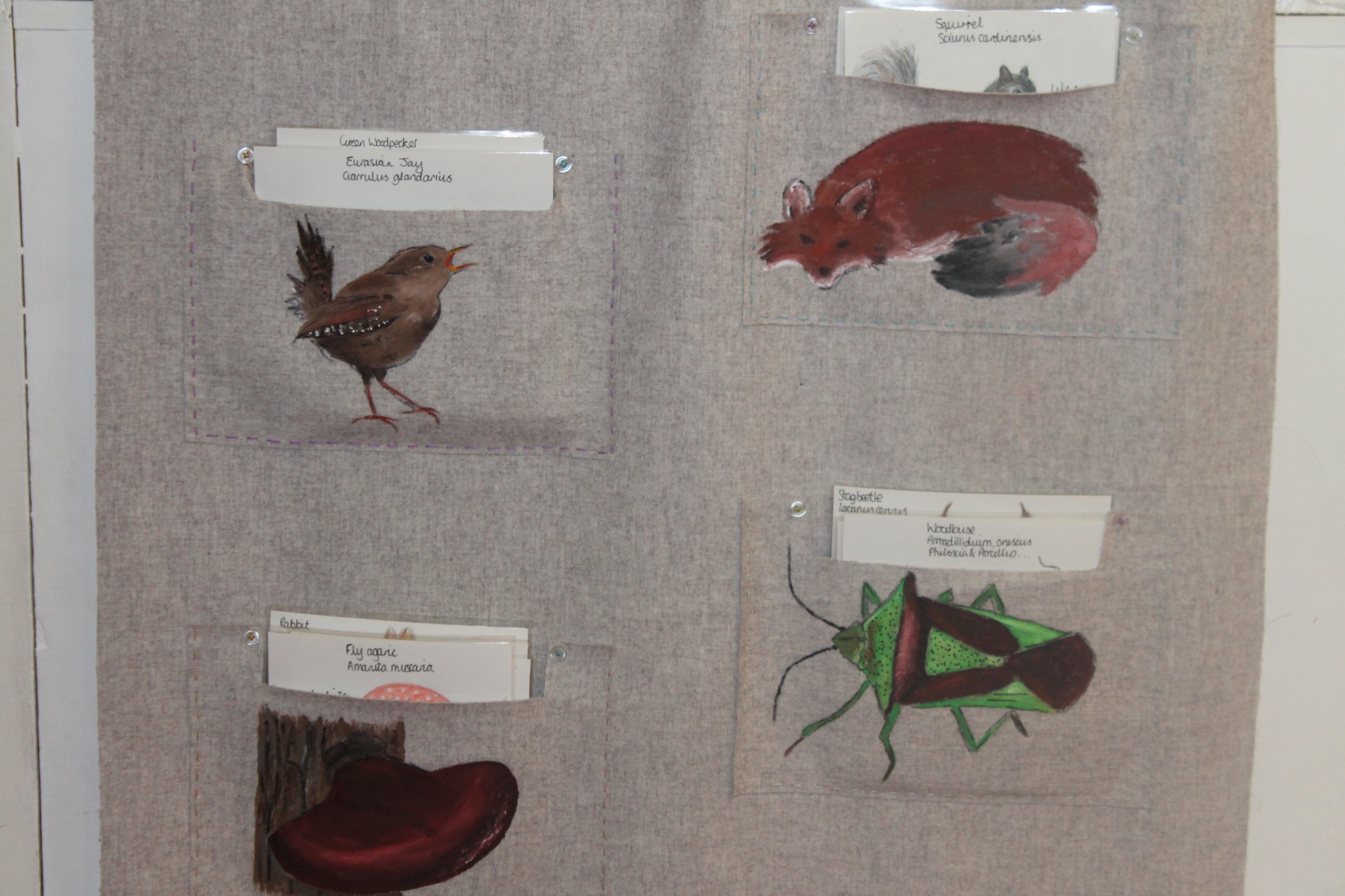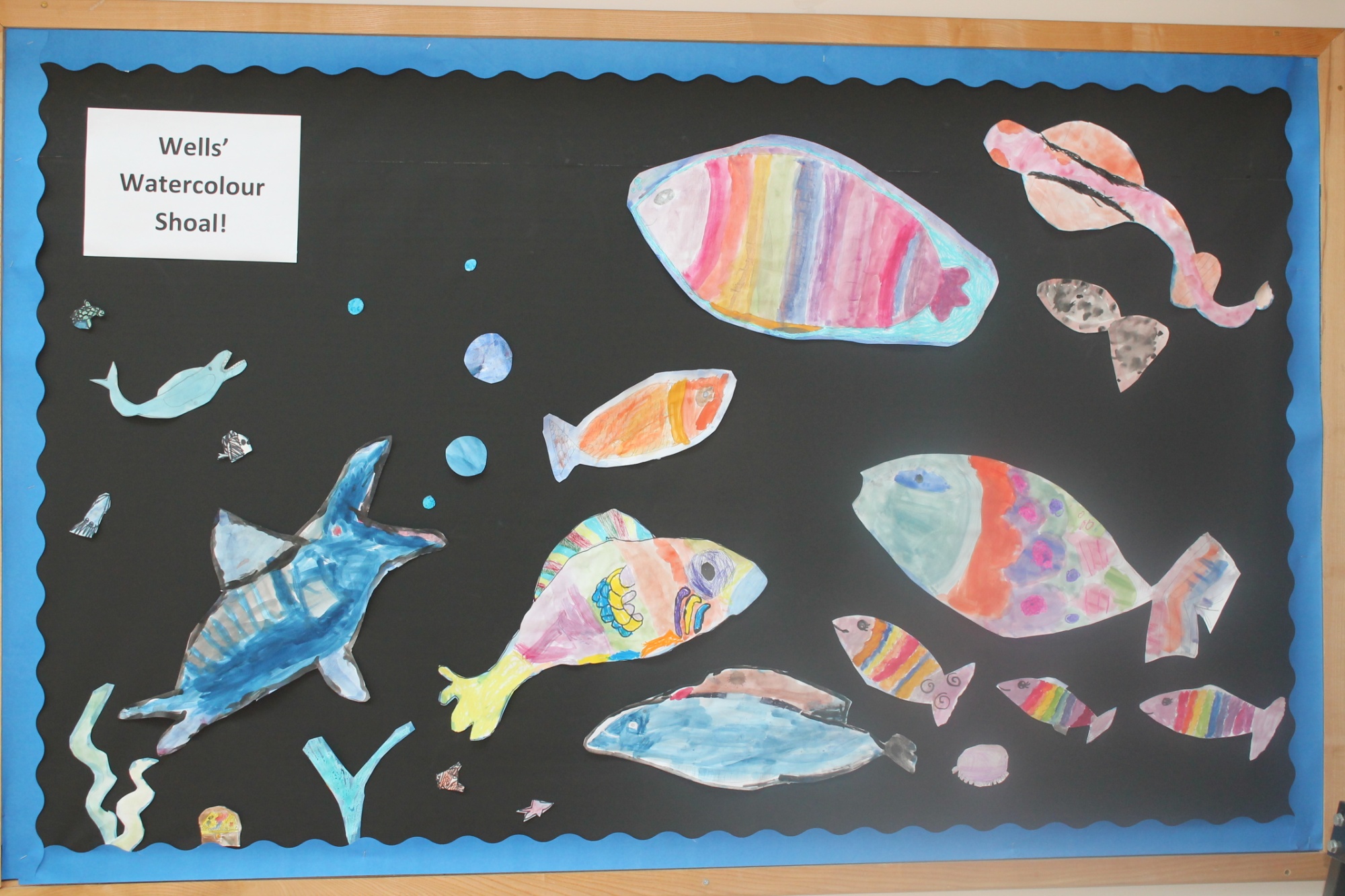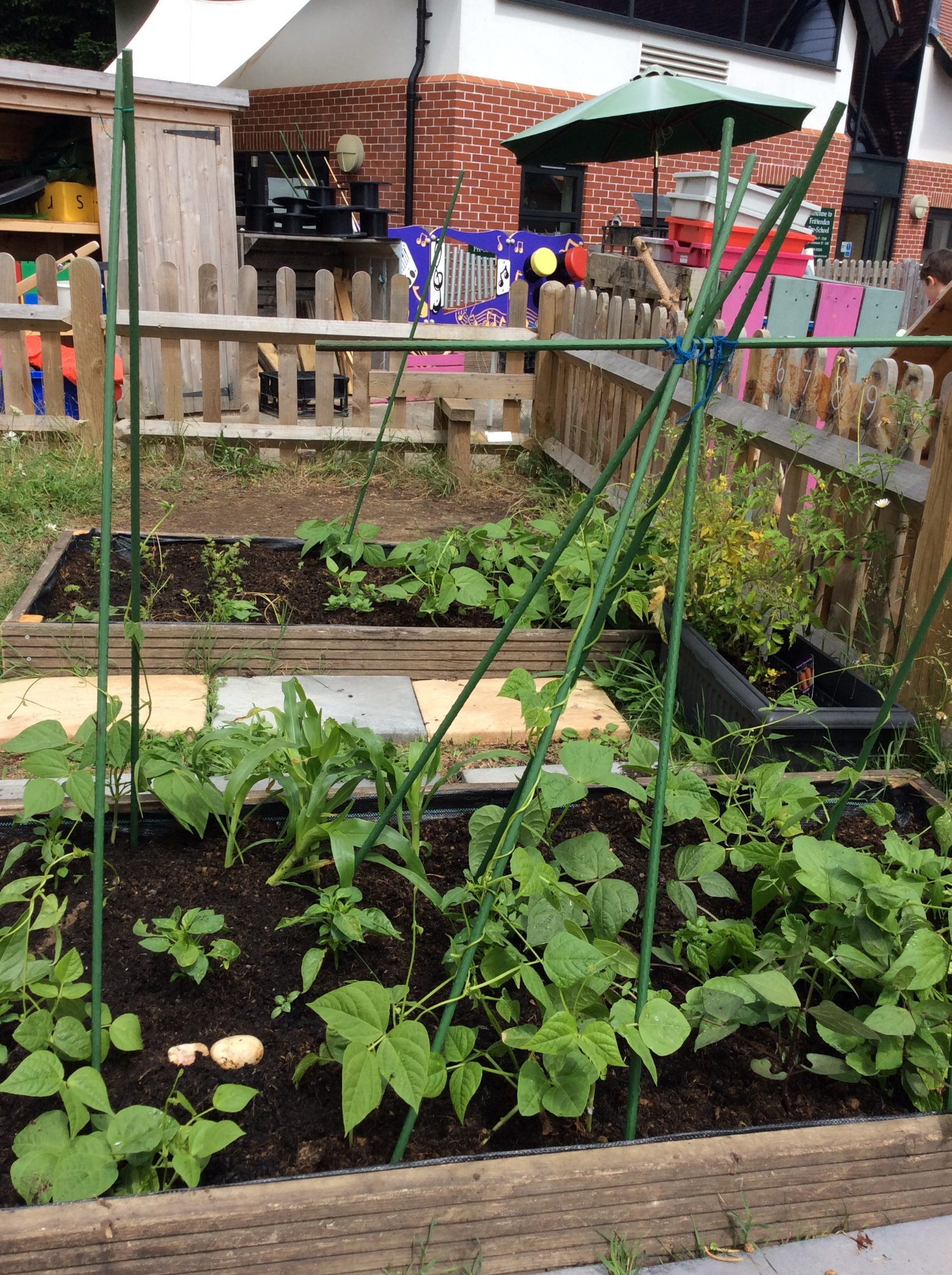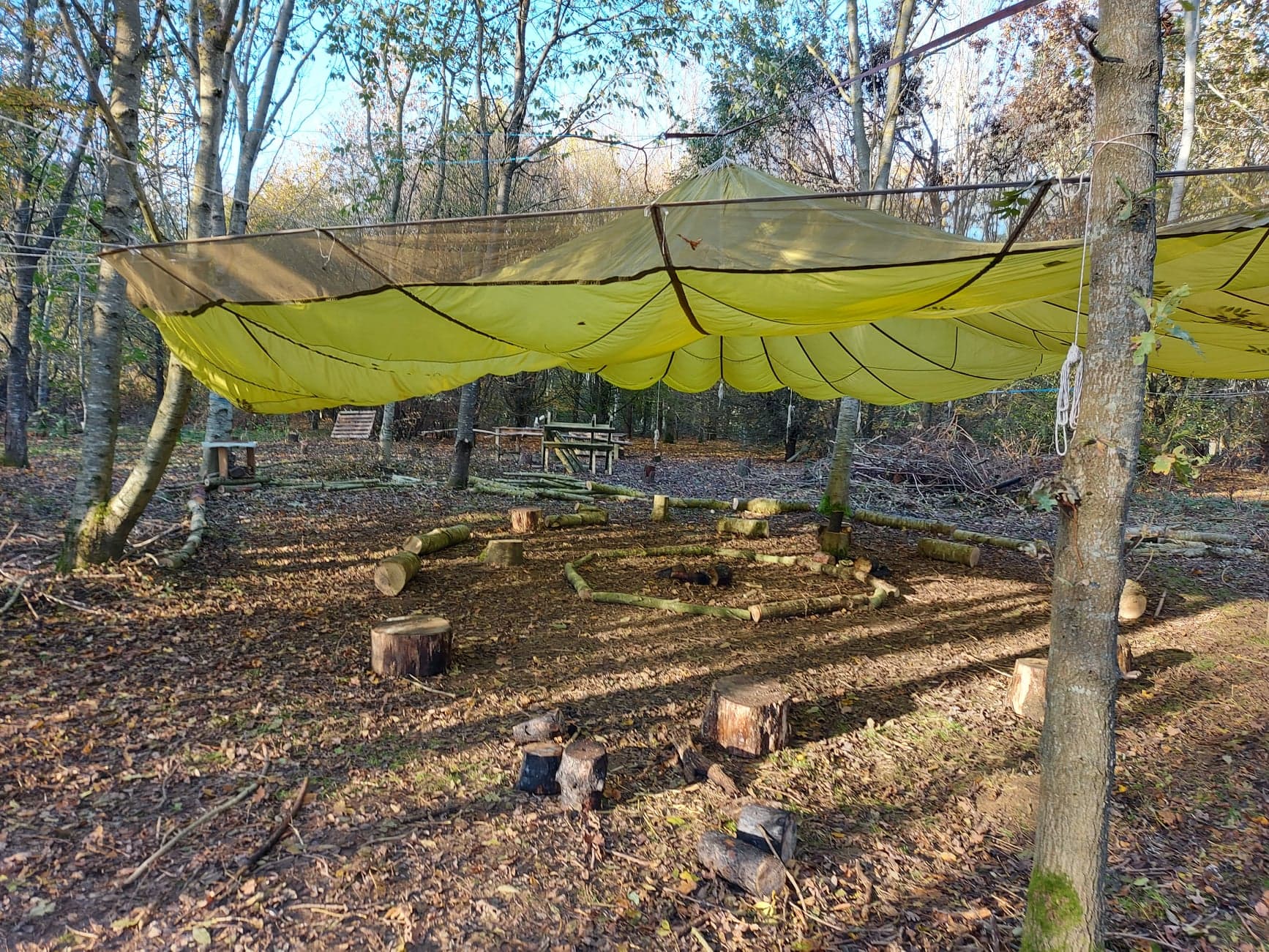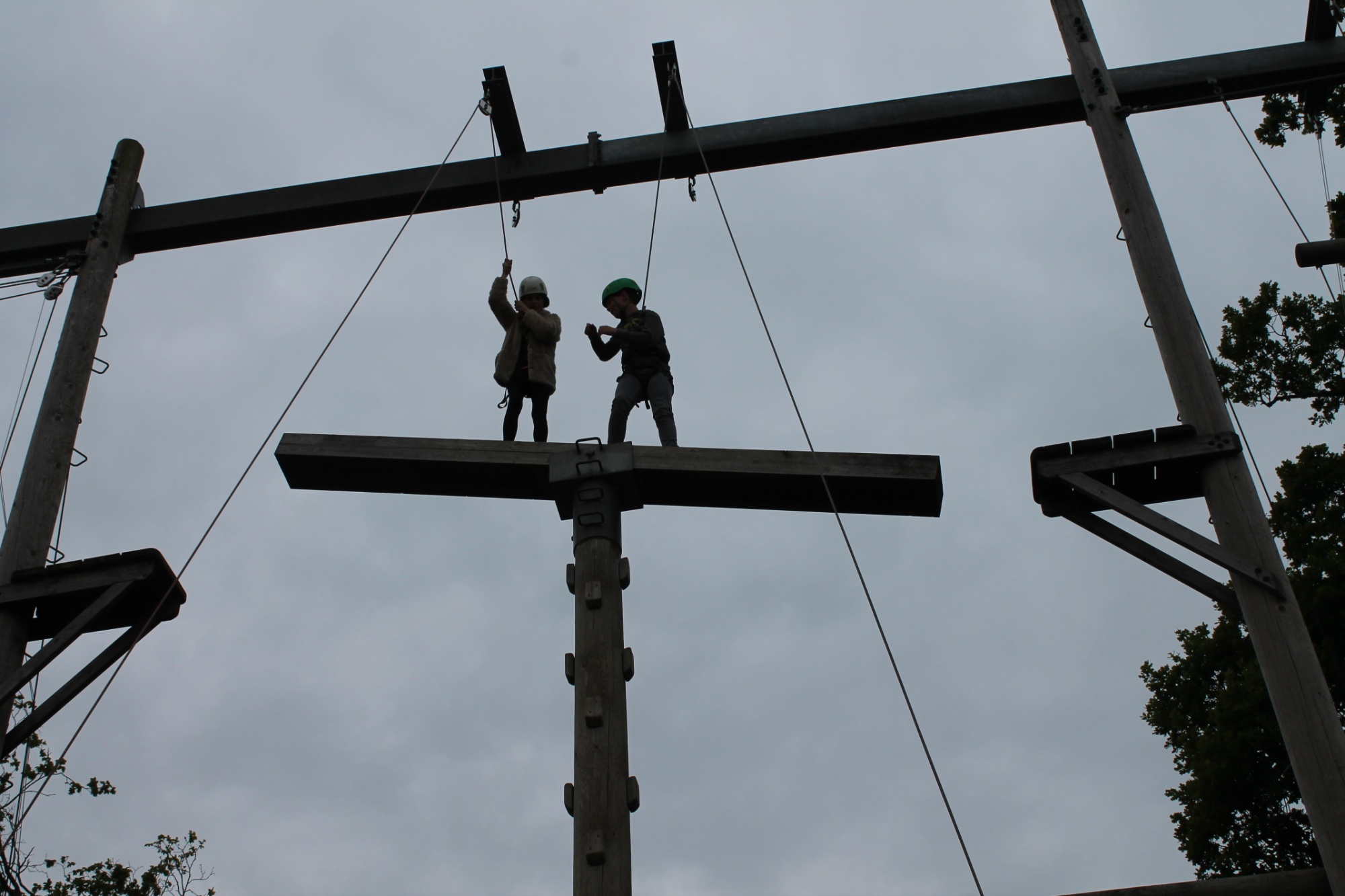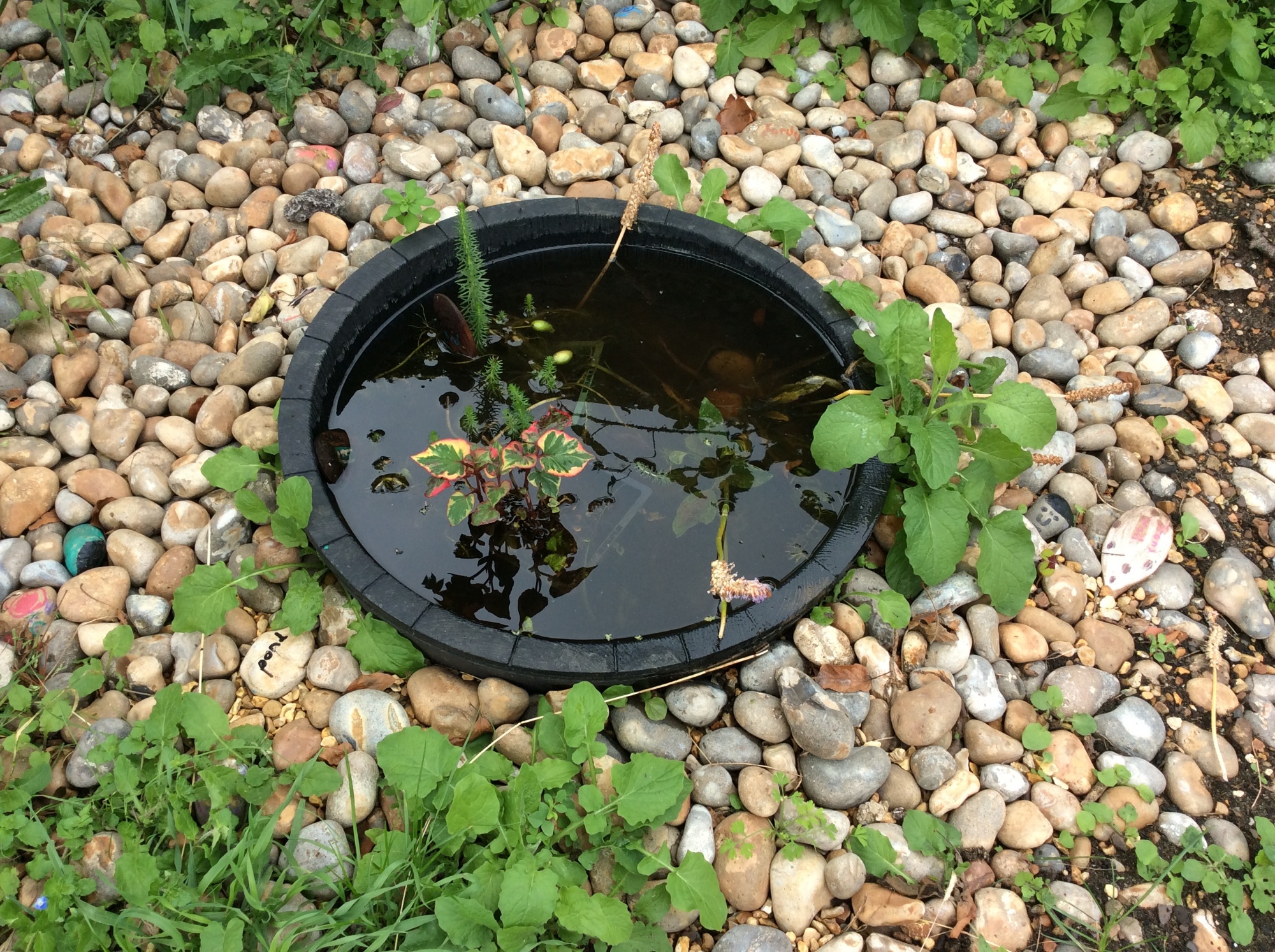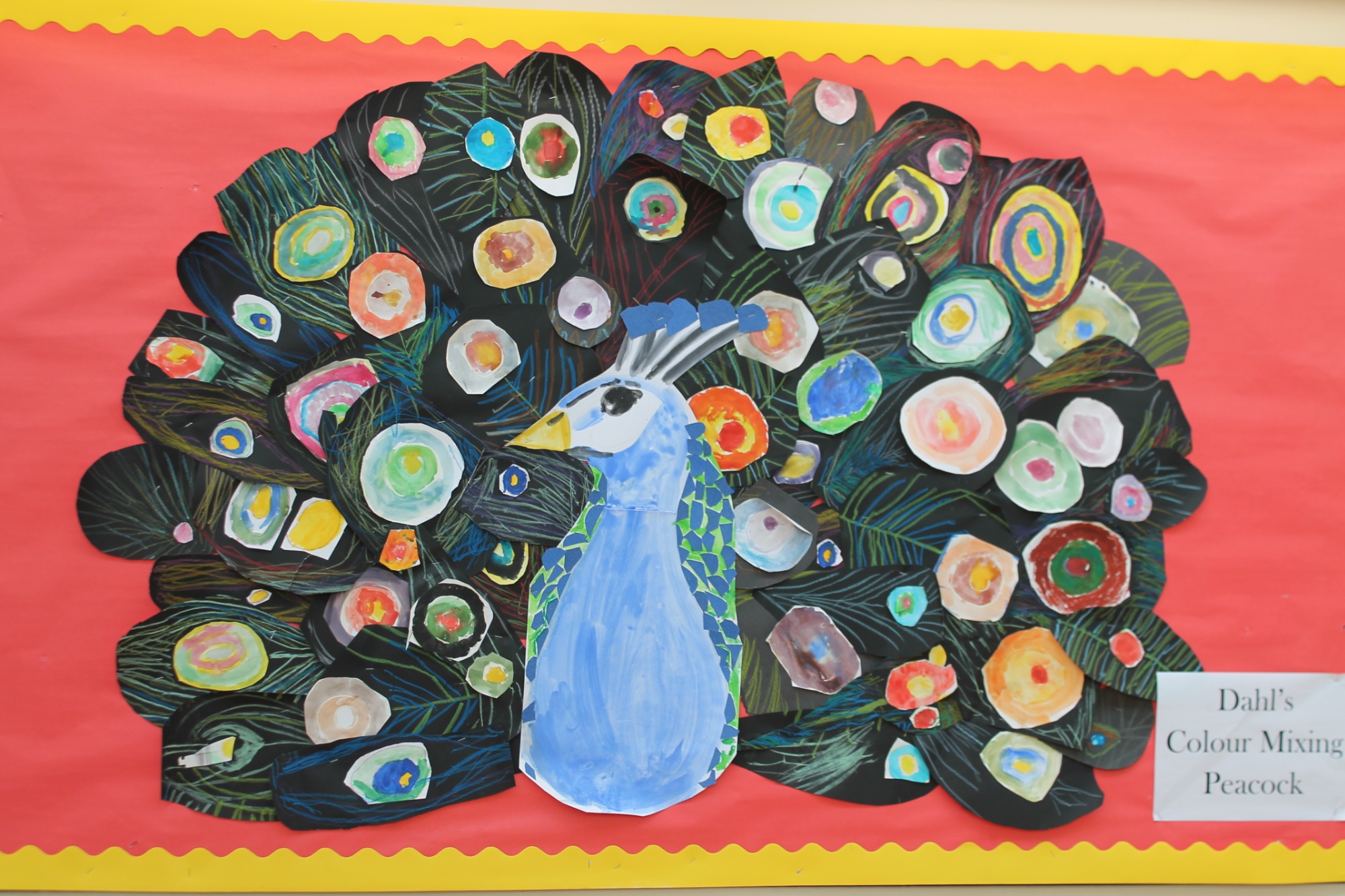Reading
“So Matilda’s strong young mind continued to grow, nurtured by the voices of all those authors who had sent their books out into the world like ships on the sea.” – Matilda by Roald Dahl
We not only teach the fundamental skills of reading but also nurture children’s reading attitudes with the aim that all children develop a love of reading.
The best reading environment is one where there is an expectation of pleasure in reading, where there is an excitement in talking about books and enjoyment in being read to.
Reading is a partnership and we value all the parental support children receive: it is very important that children read at home to an adult and that they are sent into school with their reading book and reading record each day. Reading records are a great way for parents to communicate with teachers about how each child is reading at home. The reading book that a child is sent home with is one that they can read independently to an adult. Children are encouraged to take a book from the library to share with an adult, friend or sibling. All the children at school have a buddy, in another class, that they read to weekly.
Everyday there is an opportunity to ‘Drop Everything and Read.’ This is our time in the day that we can get lost in a book and develop our pleasure in reading. By demonstrating our own love for reading, we are encouraging children to follow.
‘When someone reads aloud, they raise you to the level of the book. They give you reading as a gift.’ - Daniel Pennac, The Rights of the Reader
All classes have a novel that they are currently reading. The novels are read aloud by teachers to allow children to fully appreciate the text. Text used are picked by the teacher, or the children: they might be topic linked or independent of it.
In reading lessons, children read more challenging texts with their teacher to support the development of their reading ability. We have recently adapted our long term reading plans so that they reflect the skills required in the Reading Content Domain. We use the reading VIPERS approach for whole class reading in both key stages. VIPERS is an anagram to aid the recall of the 6 reading domains as part of the UK’s reading curriculum. They are the key areas which we feel children need to know and understand in order to improve their comprehension of texts.
VIPERS stands for
Vocabulary
Inference
Prediction
Explanation
Retrieval
Sequence or Summarise
The 6 domains focus on the comprehension aspect of reading and not the mechanics: decoding, fluency, prosody etc. As such, VIPERS is not a reading scheme but rather a method of ensuring that teachers ask, and students are familiar with, a range of questions. They allow the teacher to track the type of questions asked and the children’s responses to these which allows for targeted questioning afterwards.


